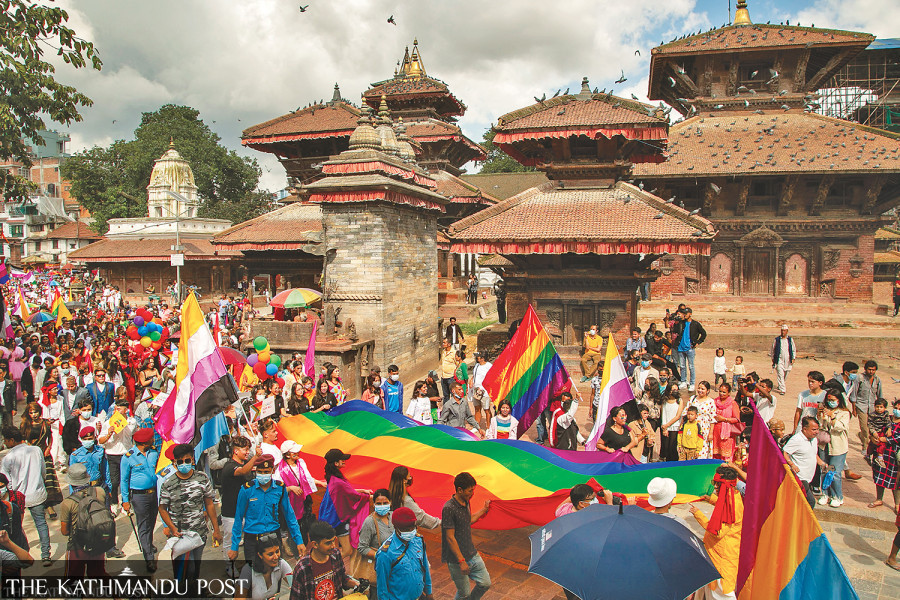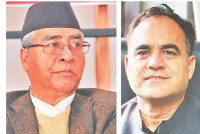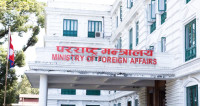National
Health professionals trained on sexualised drug use and LGBTQIA+ mental health
The orientation aimed to equip health workers with skills to provide inclusive and stigma-free care, organisers say.
Post Report
Marking Pride Month, the Ministry of Health and Population (MoHP) organised a two-day training for health professionals on chemsex harm reduction and LGBTQIA+ mental health support.
Led by the Epidemiology and Disease Control Division (EDCD) under the ministry, the orientation aimed to equip health workers with the skills to provide inclusive and stigma-free care.
Held from June 11, the orientation trained psychiatrists, general practitioners, medical officers, and opioid agonist therapy nurses from Kathmandu, Lalitpur, Parsa, Rupandehi, and Kaski districts.
According to the organisers, the training was designed to raise awareness among healthcare providers about the rising use of sexualised drugs, known as chemsex, and its impact on the mental health of the users.
Facilitated by advocacy groups, Blue Diamond Society and Recovering Nepal, the training was conducted under the Chemsex Harm Reduction Project, supported by British pharmaceutical company ViiV Healthcare.
Chemsex, the use of psychoactive substances to enhance sexual activity, is becoming common in Nepal, particularly among gay men, transgender individuals, male sex workers, and people who use drugs.
Dr Phanindra Prasad Baral, chief of the mental health section at the EDCD, acknowledged the vulnerability of LGBTQIA+ communities to poor mental health outcomes, including depression, anxiety, suicidal ideation, and substance abuse.
“We are committed to increasing government ownership of mental health interventions so these programmes can be sustained over time,” he said.
Chemsex poses major health risks. These include unprotected sex, non-consensual acts, intimate partner violence, addiction, and serious mental health challenges.
Though more common in the gay community, people from all backgrounds engage in it. For instance, among drug users in Nepal, 72.97 percent used non-injectable drugs before sex, and 97.59 per cent learnt the practice from friends, according to a study by the BDS.
“I’ve worked with trans and gender-diverse clients for years, but didn’t know about the specific challenges surrounding the community,” said one OAT nurse. “This training has prepared me to serve them with more respectful, empathetic and informed care.”
The orientation used the ‘TGD 101’ training module developed by the international LGBTQIA+ advocacy organisation Global Action for Trans Equality.
The TGD 101 (Trans & Gender Diversity 101) module is a foundational course for healthcare providers, NGOs, and policymakers to better support trans and gender-diverse people.
Madhav Prasad Lamsal from the National Health Training Centre, said the module helped him realise the knowledge gap in Nepal’s healthcare service delivery.
“We need to develop such a national training curriculum focused on the LGBTQIA+ community to promote stigma and discrimination-free health service delivery,” he added.




 9.33°C Kathmandu
9.33°C Kathmandu














